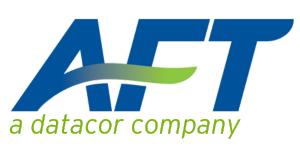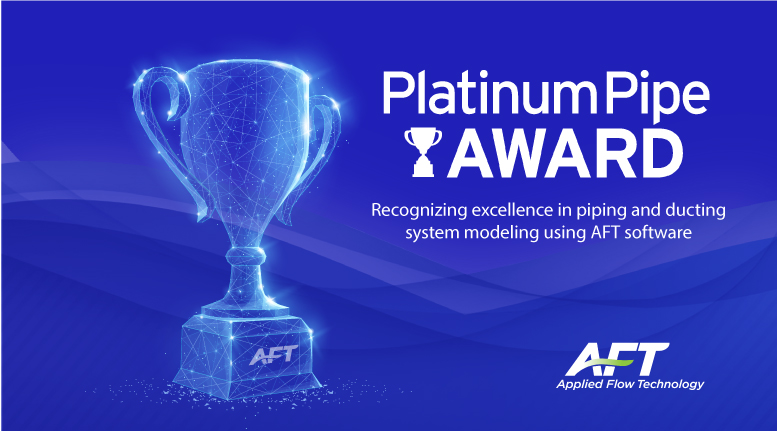AFT Blog
With AFT products, the Scenario Manager is an incredibly powerful feature that allows one to model several different cases in only one model file. This includes different operating conditions, multiple pump configurations, different piping, system expansions, etc. The list of different cases to model is essentially endless! Now, what if you have a single system and you would like to quickly model several cases where perhaps only a few parameters are changing? You can start by building a single system on the Workspace. Then you can use the “Duplicate Special” feature in the Edit menu to duplicate the entire system and...
If you have a system where there are several area changes throughout the piping, modeling every single area change and connecting pipe can become taxing and time consuming. Also, the more pipes and junctions that are in a model, the higher the complexity. With AFT software, it is very simple to include the area change losses in the pipes themselves! As seen in the Pipe Fittings and Losses screen shot below, there are four area change types that can be used and either abrupt or conical shapes can be modeled. The key to determining which expansion or contraction type to use...
Many of our customers find it interesting that the foundational code developers at AFT are former rocket engineers. Jeff Olsen and I wrote the bulk of AFT Fathom™, AFT Arrow™, and AFT Impulse™ from 1993-2003. Jeff is currently AFT's Vice President of Technology. We both hold B.S. and M.S. degrees in Mechanical Engineering.
The question of whether waterhammer analysis on new pipe systems is optional or required does not have a definite answer. In some cases it is clear - such as when the pipe system is being designed in compliance with ASME code (see How AFT Impulse Can Help Engineers Comply With ASME Codes). But in many cases it is up to experience and judgment whether or not to perform waterhammer analysis.
The demand for our AFT Impulse waterhammer modeling software and associated training seminars has been growing steeply in recent years. I frequently travel internationally to teach seminars on waterhammer. When I do I make it a point to find out what the engineer's local language calls waterhammer.
Summary Engineers are often responsible to design systems to comply with codes and standards. In recent years codes that apply to waterhammer and surge pressures have become more prominent. Increasingly AFT Impulse is being used to help engineers comply with such codes. Once AFT Impulse has calculated the maximum pressure due to a transient event, what shall the designer do with this value? The answer to this question depends on the code that is being used as the piping design basis. In this article, we’ll be discussing how two important piping design codes - B31.4 and B31.3 - deal with surge...
A common task among pipe stress engineers is to evaluate loads on pipe systems caused by waterhammer. Since AFT Impulse 4.0 was released our users have had the ability to calculate waterhammer-induced unbalanced forces for use in any pipe stress analysis application. In addition, our users can create specially formatted transfer files for direct use in CAESAR II and TRIFLEX. However, the process of calculating such forces in AFT Impulse and then applying them in pipe stress software is not as straightforward as it sounds. Our customers have asked for assistance in this process. I have teamed with AFT's distributor in Canada...


